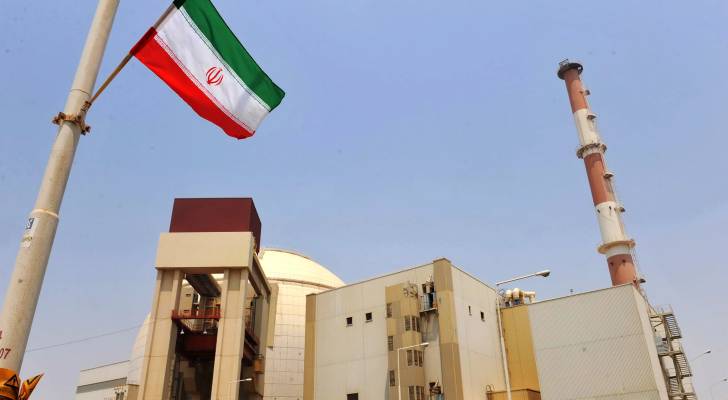The reactor building at the Russian-built Bushehr nuclear power plant in Bushehr, southern Iran. (August 21, 2010)
Iran hides nuclear scientists after “Israeli” assassinations: report
A senior Iranian official has confirmed to the British newspaper The Telegraph that Iran has moved its remaining nuclear scientists and their families into secure locations.
The measure came in the wake of a large-scale “Israeli” assassination campaign that killed dozens of researchers during a 12-day war in June 2025.
Most of the surviving scientists have been relocated from their homes and universities to safe houses in Tehran or villas in northern coastal cities along with their families.
University positions once held by these scientists have been filled by individuals with no connection to the nuclear program.
The security overhaul was deemed necessary after some scientists expressed a lack of trust in their original bodyguards. Despite these new precautions, “Israeli” experts cited by The Telegraph described the remaining researchers as “dead men walking”.
A major “Israeli” attack dubbed “Rising Lion” in June 2025 targeted Iran's nuclear and military leadership.
The attacks resulted in a "partial decapitation" of Iran's military and nuclear organizations, killing top commanders and a large number of scientists.
The “Israeli” military released a list of 11 nuclear scientists killed, while other reports cited figures as high as "almost 20 scientists".
The casualties included prominent figures like Fereydoon Abbasi-Davani, who had previously survived an assassination attempt, and Mohammad Mehdi Tehranchi. Mohammad Reza Sedighi Saber, another scientist, was killed after a prior strike had already claimed the life of his 17-year-old son.
The assassination campaign has created a climate of fear and distrust within Iran. The country’s leadership recently executed nuclear scientist Roozbeh Vadi for spying for “Israel” and "facilitating the assassinations of colleagues".
This execution is part of a broader sweeping internal crackdown aimed at rooting out spies and dissidents.
The attacks have also fueled a domestic debate, with some public figures calling for Iran to abandon its "peaceful path" and withdraw from the Nuclear Non-Proliferation Treaty.
“Israeli” officials believe the campaign will make it "almost impossible" for Iran to build a nuclear bomb, setting the program back for a "number of years" by eliminating the specific "know-how" of key individuals.




